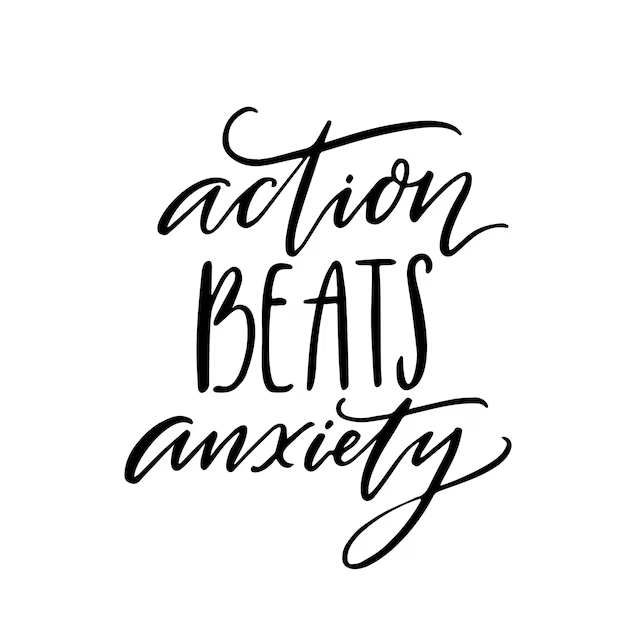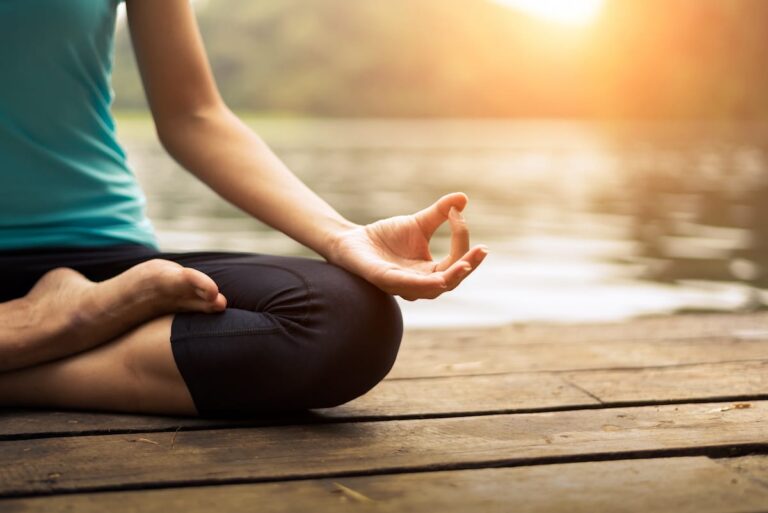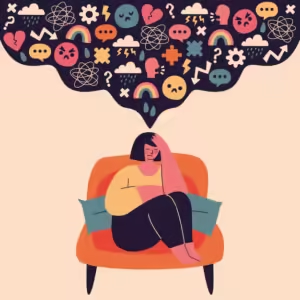Did you know, nearly 1 in 5 adults in the U.S. experience anxiety disorder every year? Isn’t a significant number of people affected? COVID 19 pandemic had drastically increased the prevalence anxiety.
But you know what, Anxiety doesn’t define us, it’s just a part of our experience. With the right tools, we can learn to find peace amidst anxiety and live calmer life. Let’s explore some practical strategies to help you thrive despite anxiety.
Here are the 8 practical strategies to manage anxiety in everyday life:
- Mindful Breathing
One of the simplest yet most powerful technique for managing anxiety is mindful breathing. Mindful breathing is a technique that focuses on bringing awareness to your breath and allowing you to ground yourself in present moment. Practice breathing slowly through your nose, hold for a second and exhale through your mouth. This controlled breathing helps calming your nervous system and reduce anxiety levels.
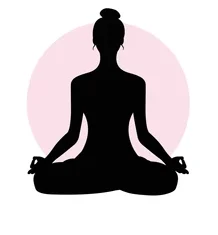
You can also practice 4-7-8 breathing:
- Breath in as you count 4, drawing your breath in your abdomen.
- Hold your breath and count 7.
- Now release as you count to 8.
- And repeat.
- Redirecting focus to present moment using 3-3-3 rule:
The 3-3-3 rule –
- Look around and identify three things you can see. This could be anything in your environment.
- Listen and acknowledge three sounds you can hear. This might include the sound of traffic, bird chirping or even a voice of fan.
- Feel three physical sensations. This could be feeling of your feet on ground, air on your skin or even texture of your cloth.
This practice helps focusing on present moment and distract from negative thoughts and fears.
- Practice meditation:
Mindfulness and medication aren’t same, mindfulness is all about being aware of and accepting the present whereas meditation is a specific practice that you set aside time for in your day. You can be mindful without meditation.
Meditation is a powerful habit, that can be done by finding a quite and peaceful spot. Focus on your breath and set the timer, such as 5 to 10 mins, and gradually increase as you become more comfortable. As a beginner, take help of guided meditation sessions as many websites offers special meditation practices to reduce anxiety.

- Establish a routine:
A consistent routine can create a sense of stability and predictability, which can help reduce anxiety. Create a daily routine that include regular sleep patterns (7 to 8 hrs), specific mealtimes, regular exercise (at least 30 minutes) and leisure is must.
- Journal your thoughts:
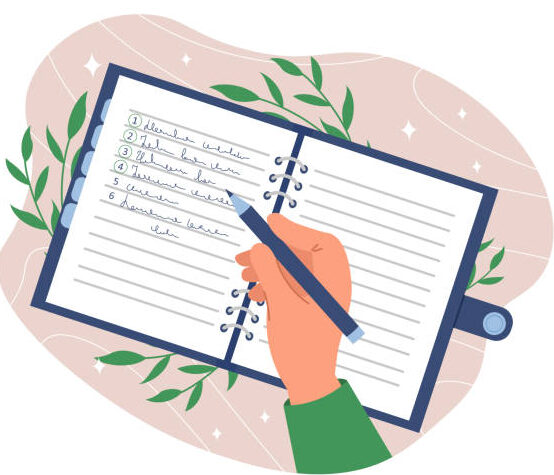
Journaling helps an outlet of your emotions and help you to process the cause of your anxiety, leading to greater self-awareness. Start asking simple questions to yourself like, “What I am feeling right now?” “What triggered my anxiety today?” “What exactly I am thinking right now?” etc. Be open and honest while writing without worrying about the grammar or spellings.
- Engage in gratitude:
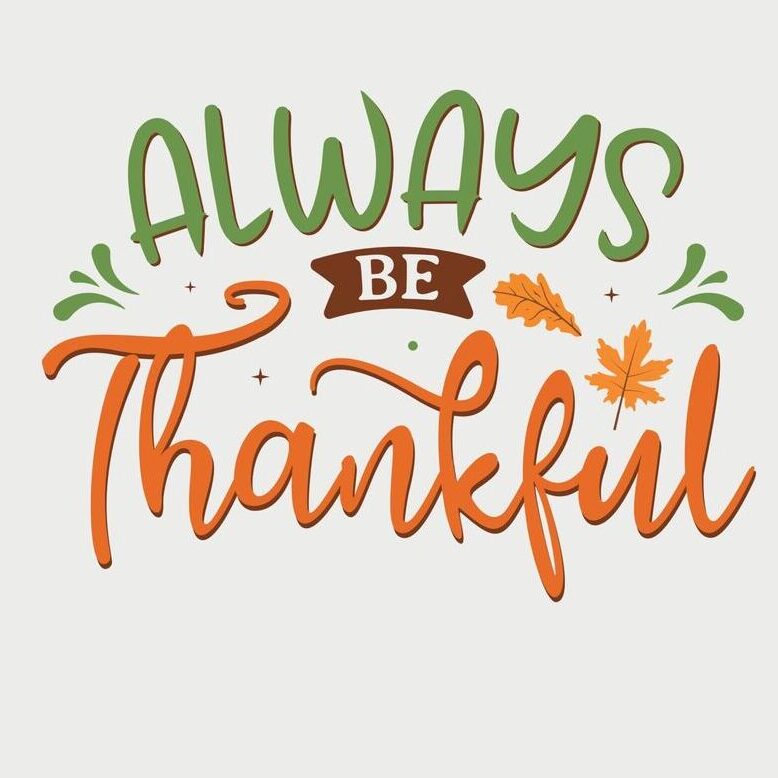
Engaging with gratitude involves regularly acknowledging and appreciating the positive aspects of your life. This can include reflecting on things, people, or experiences for which you are thankful. Start this practice by simply keeping gratitude journal and use prompts such as: “What made me smile today?” “Who I am thankful for and why?” etc. You can also express your gratitude to someone by just texting them or by a simple phone call, this helps to strengthen your relationships and improves your mood.
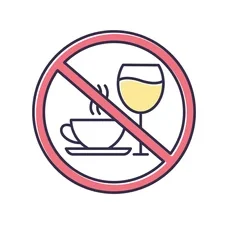
- Limit caffeine and alcohol:
Caffeine and alcohol can exacerbate anxiety symptoms, so its wise to consume in moderation. Both substances can disrupt sleep patterns and lead to increased feelings of nervousness and restlessness. So, instead consider herbal teas or decaffeinated and non-alcoholic beverages as alternatives.

- Reach out for support:
You don’t need to suffer alone. Reaching out for support to your friends and family, joining a support group, or professional personnel can provide reassurance and guidance you need. Talking about your feeling and concerns can help you feel understood and less isolated.
In conclusion, navigating anxiety can be challenging, but it’s important to remember that you are not alone and there are many effective strategies to manage anxiety. The above-mentioned strategies can help to rule out the anxiety. Embracing these practical strategies allows you to cultivate a sense of calm and resilience, enabling you to face daily challenges with a clearer mind and a more positive outlook. Remember, finding peace is a journey, not a destination, and every effort counts. Be patient with yourself and celebrate your progress along the way.





